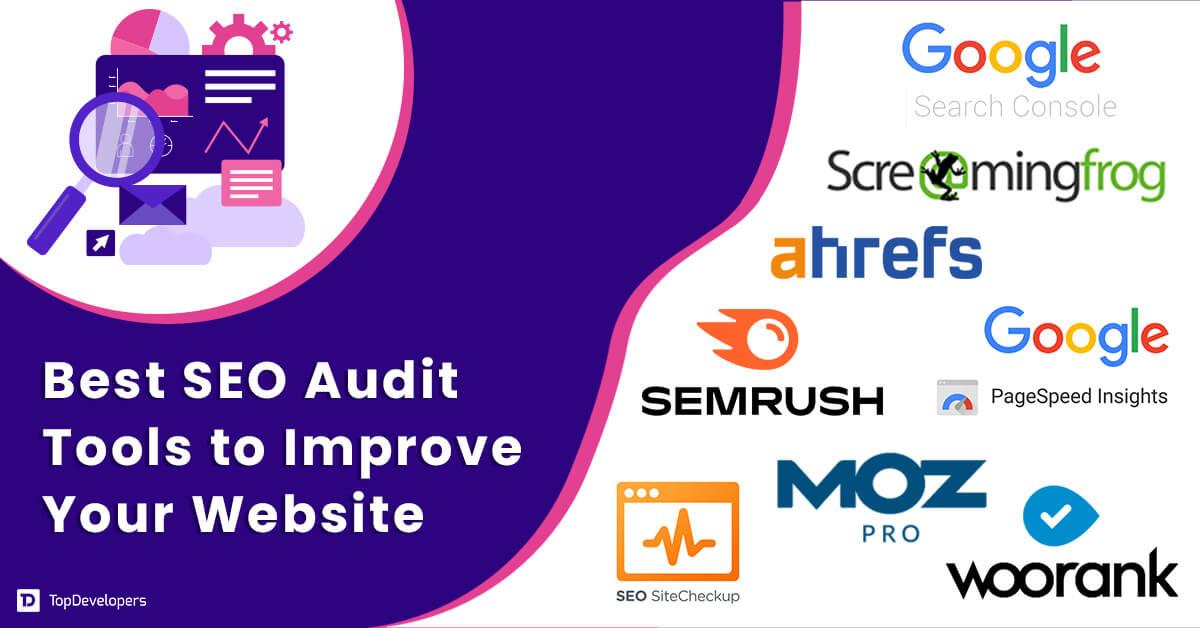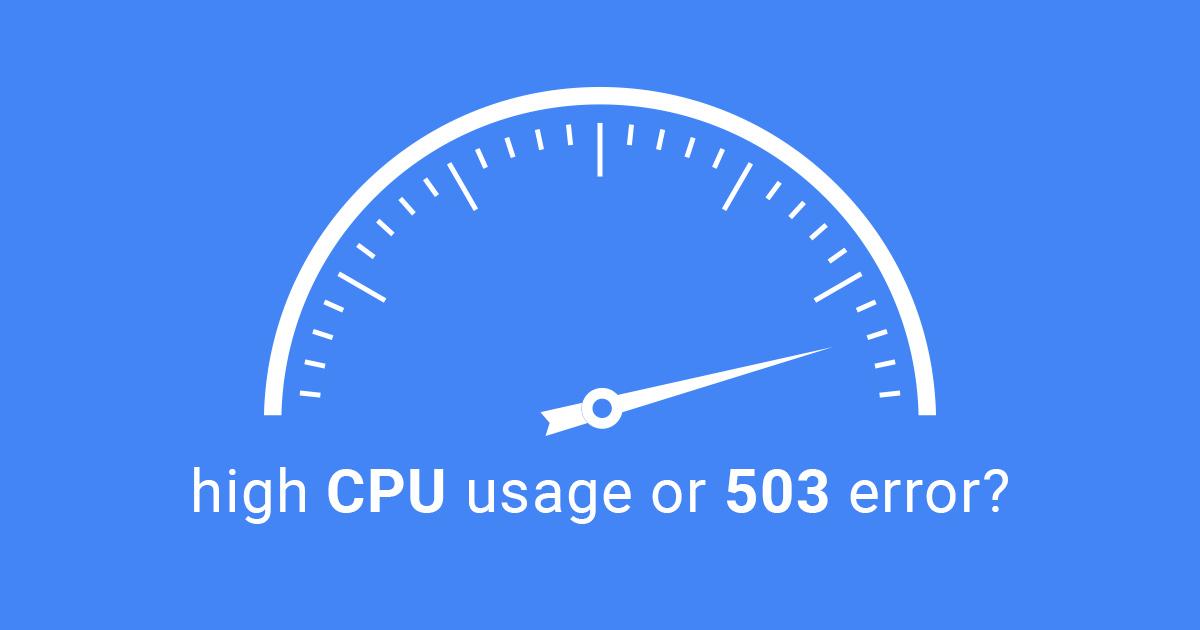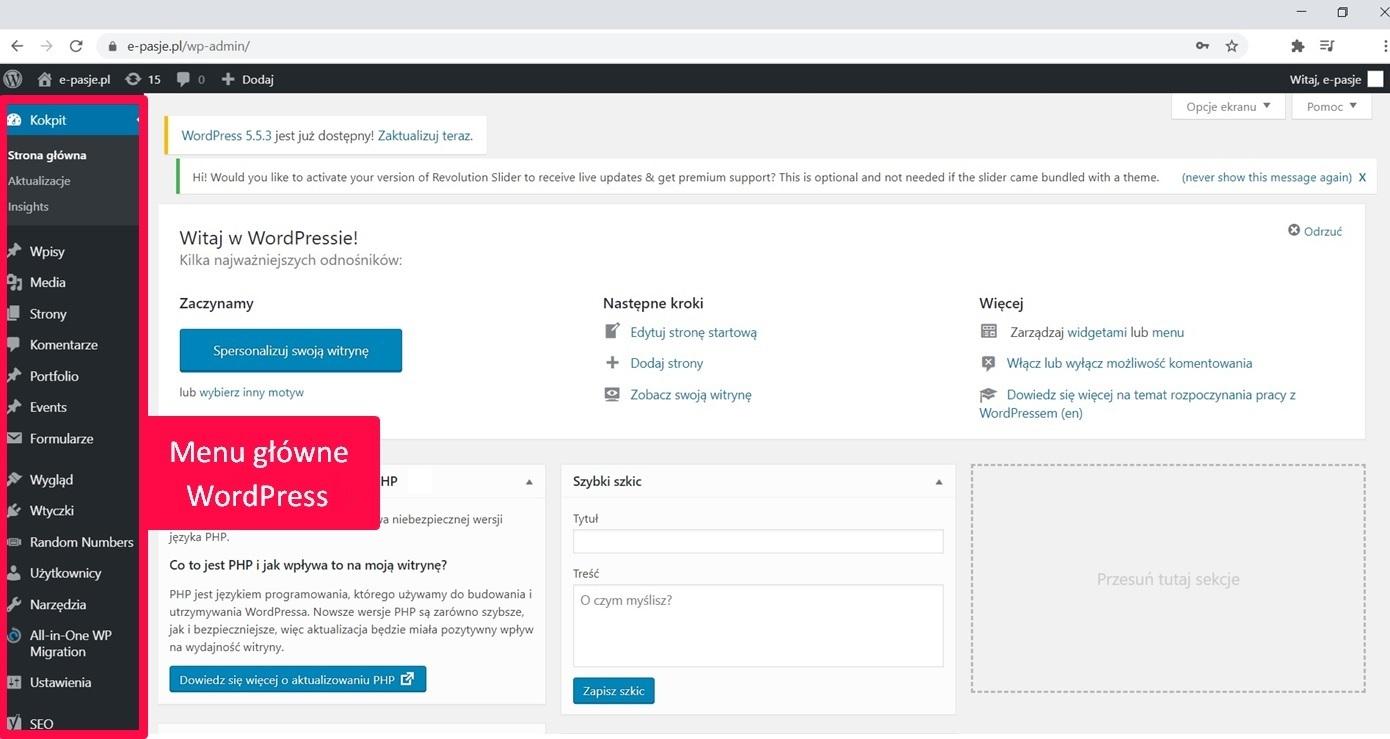In today’s digital landscape, having a stunning website is just the tip of the iceberg. If you want your online presence to shine,you need to ensure that it’s not just visually appealing but also optimized for search engines. Enter SEO audits—your secret weapon for uncovering hidden opportunities and fixing issues that could be dragging your site down in search rankings. But with so many tools on the market, how do you choose the right one? Fear not! In this article, we’ll explore the 7+ best SEO audit tools that can transform your website’s performance. Whether you’re a seasoned marketer or just starting your online journey, these tools will help you understand how to enhance your site, boost your visibility, and ultimately attract more visitors. Ready to level up your SEO game? let’s dive in!
Understanding the importance of SEO Audits for Your Website
When it comes to optimizing your website for search engines, understanding the significance of SEO audits cannot be overstated. These audits serve as a health check for your site,helping you identify areas that need improvement while ensuring you’re aligned with the latest SEO practices. by conducting regular SEO audits, you can uncover hidden opportunities and mitigate potential issues before they escalate into bigger problems.
one of the primary reasons to carry out an SEO audit is to enhance your site’s visibility. Search engines like Google are constantly updating their algorithms, and what worked yesterday might not be effective today. An audit allows you to analyze your website’s current performance against these changes, ensuring you remain competitive.Key elements to examine during an audit include:
- On-page SEO factors: such as content quality,keyword usage,and meta tags.
- Technical SEO aspects: including site speed, mobile responsiveness, and URL structure.
- Backlink profile: to assess the quality and relevance of links pointing to your site.
Furthermore, a complete SEO audit can help you better understand your audience’s behavior. By analyzing user engagement metrics and behaviors,you can tailor your content and marketing strategies to better meet their needs. This enhances user experience, which is a critical factor in retaining visitors and converting them into loyal customers. Remember, an engaged visitor is much more likely to become a customer.
To illustrate the impact of SEO audits, consider the following simple table showcasing the potential benefits of regular audits:
| Benefit | description |
|---|---|
| Improved Rankings | Identify and resolve issues that hinder your visibility on search engines. |
| Enhanced User Experience | Optimize site speed and navigation to keep users engaged. |
| Informed Strategy | Use data insights to adjust your content and marketing approaches. |
prioritizing SEO audits can be a game-changer for your website’s performance. They not only reveal the underlying issues that could be jeopardizing your online presence but also provide actionable insights that lead to informed decision-making. By investing time and resources into regular audits, you’ll be setting your website on a path to long-term success. Don’t wait for traffic to dwindle; take proactive steps today to secure a better future for your online presence.
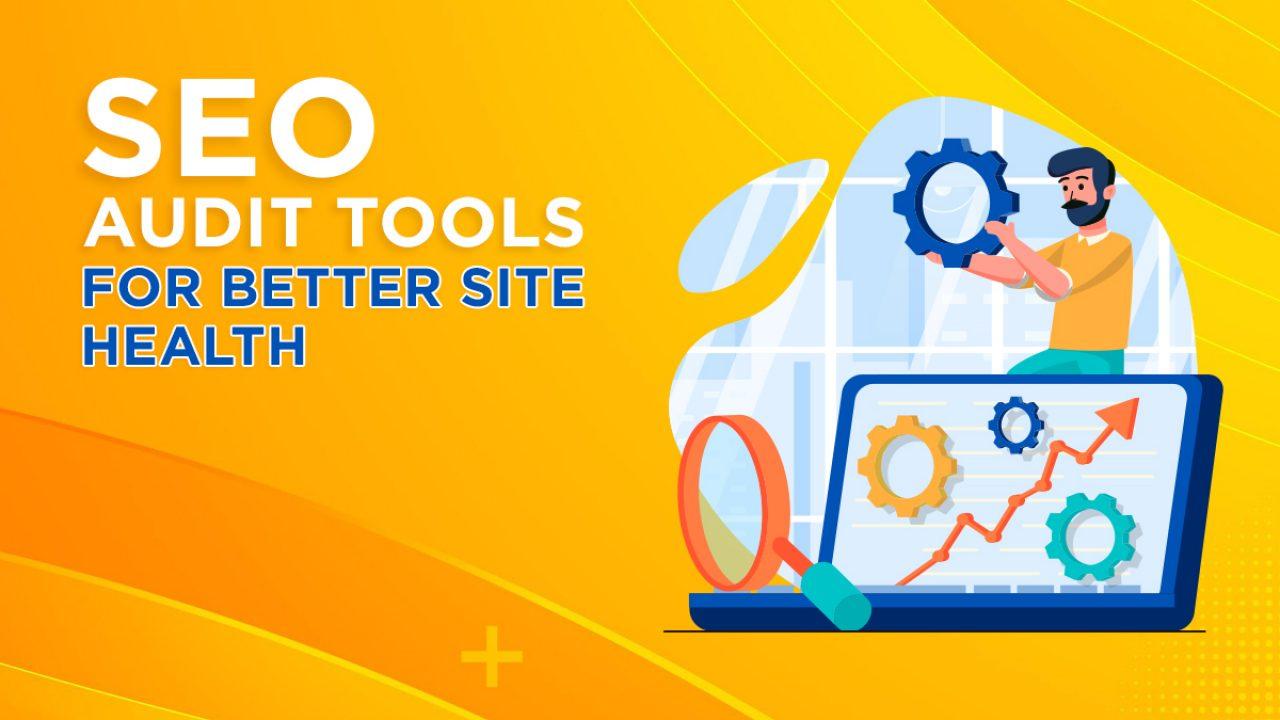
Key Features to Look for in SEO audit Tools
When selecting SEO audit tools, several key features can make a significant difference in how effectively you can analyze and optimize your website. Frist and foremost, look for tools that provide comprehensive site crawling capabilities. A good tool should thoroughly scan your website to identify technical issues, broken links, duplicate content, and other SEO-related problems that might hinder your rankings. The more detailed the audit,the better insights you will gain into your site’s health.
Another essential feature is keyword analysis. your chosen tool should not only analyze your current keyword rankings but also suggest new opportunities based on search volume and competition. This will enable you to refine your content strategy and target the right keywords that can drive organic traffic to your site.
Additionally, consider tools that offer competitor analysis. Understanding what strategies your competitors are using can give you an edge in the market. look for features that allow you to compare your website’s performance against others in your niche, including backlink profiles and traffic sources. This insight can help you identify areas for improvement and potential opportunities to outshine your competition.
Furthermore, an intuitive user interface is crucial. SEO audits can generate a lot of data, and having a tool with a clean, easy-to-navigate interface will help you interpret the results quickly.Look for tools that provide visualizations such as charts and graphs to help you grasp complex information without getting overwhelmed.
| Feature | Importance |
|---|---|
| Comprehensive Site Crawling | Identifies technical issues & opportunities. |
| Keyword Analysis | Helps refine content strategy. |
| Competitor Analysis | Offers insights into market position. |
| User Interface | Facilitates data interpretation. |
consider reporting and tracking capabilities. A good SEO audit tool should allow you to generate reports that are easy to share with your team or clients. Look for customizable templates that highlight key findings and recommendations. Tracking your progress over time with regular audits will help you understand the impact of your SEO efforts and where adjustments may be necessary.
Top SEO Audit Tools That Deliver Comprehensive Insights
When it comes to optimizing your website for search engines, having the right tools at your disposal can make all the difference. Comprehensive SEO audit tools not only help you identify technical issues but also provide insights into your site’s performance, content quality, and overall user experience. Here are a few standout options to consider:
- SEMrush: This all-in-one marketing toolkit offers an extensive SEO audit feature that reviews your site’s health and suggests actionable improvements. Its detailed reports cover everything from site speed to backlink quality.
- Ahrefs: Known for its powerful backlink analysis, Ahrefs also provides robust site audit capabilities. It helps uncover SEO issues like broken links, duplicate content, and more, ensuring you maintain a healthy site.
- Moz Pro: With user-friendly reporting and a focus on keyword optimization, Moz Pro’s site audit tool offers insights that are easy to understand. it helps prioritize tasks based on their potential impact on SEO.
- Screaming Frog SEO Spider: This desktop-based program crawls your website and identifies critical SEO elements. It’s notably useful for finding on-site issues like meta tag problems and image alt text.
Each of these tools provides unique features that cater to varying needs. For instance, while SEMrush offers a comprehensive overview of your website’s performance metrics, Screaming Frog excels in detailed technical audits.
| Tool | Key Feature | Best For |
|---|---|---|
| SEMrush | Site Health Monitoring | All-in-one SEO |
| Ahrefs | Backlink Analysis | Link Building |
| Moz Pro | Keyword Tracking | Content Optimization |
| Screaming Frog | technical SEO | In-depth Audits |
In addition to these tools, consider leveraging Google Search Console as a free option to monitor your site’s health and performance. It provides essential insights directly from Google, helping you understand how your site is perceived by the search engine.
Ultimately, the best SEO audit tool for you will depend on your specific needs, budget, and technical proficiency.By utilizing these tools effectively, you can ensure that your website not only meets the latest SEO standards but also offers a grate user experience, which can translate to higher rankings and increased traffic.

How to Choose the Right SEO Audit Tool for Your Needs
Choosing the right SEO audit tool is crucial for enhancing your website’s performance and visibility. With the vast array of options available,it can feel overwhelming. Start by identifying your specific needs. Are you looking for a comprehensive analysis of your entire site, or do you need focused insights on specific aspects such as backlinks, keywords, or site speed? Knowing your priorities will help narrow down the choices.
Next,consider the features that each tool offers. Look for functionalities like:
- Site Crawl Reports: Allows you to identify technical issues, broken links, and duplicate content.
- Keyword Analysis: Provides data on keyword rankings and suggests new opportunities.
- Competitor Analysis: Helps you understand what strategies are working for your rivals.
- User-Friendly Interface: A clean design makes it easier to navigate and interpret data.
Don’t forget to explore the pricing options. Many tools offer free trials or tiered pricing plans, so you can test drive a few before making a commitment. Evaluate not only the cost but also the value each tool brings to your SEO strategy. Sometimes, investing in a premium tool can save you time and provide deeper insights.
Another vital aspect to consider is customer support. Look for tools that offer comprehensive documentation, tutorials, and responsive customer service. A tool might have all the features you need, but if you encounter issues, having solid support can make all the difference in effectively utilizing it.
Lastly, don’t overlook user reviews and case studies. Checking out what others have experienced can provide valuable insights into the actual performance of the tool. Pay attention to both positive and negative feedback, as it will give you a balanced view of what to expect.
Maximizing Your Websites Potential with SEO Audits
When it comes to enhancing your website’s visibility and performance, SEO audits serve as a vital tool. By regularly evaluating your site, you can uncover hidden opportunities and fix underlying issues that may be holding you back. the right SEO audit tools can provide insights into various aspects such as site structure, keyword performance, and user experience.
Here are some critical components that an effective audit should cover:
- technical SEO: Analyzing your website’s code, server response, and crawlability ensures search engines can effectively index your pages.
- On-Page SEO: Examining title tags, meta descriptions, and content quality can boost your rankings for targeted keywords.
- Off-Page SEO: Assessing backlinks and social signals helps gauge your site’s authority and trustworthiness.
- User Experience: Evaluating site speed,mobile-friendliness,and navigation can substantially enhance user engagement and retention.
Utilizing modern SEO audit tools allows you to streamline this process. Tools like SEMrush and Ahrefs not only provide comprehensive reports but also suggest actionable steps for optimization. By leveraging these insights, you can prioritize tasks based on potential impact, ensuring that your efforts yield the best results.
| Tool Name | Key Features | Best For |
|---|---|---|
| SEMrush | Keyword research, site audit, backlink analysis | Comprehensive SEO management |
| Ahrefs | Site explorer, content research, rank tracking | Backlink analysis |
| Google Search Console | Performance tracking, index coverage, mobile usability | Free tool for website owners |
| Moz Pro | Site audits, keyword tracking, page optimization | Beginner-friendly SEO |
Ultimately, the value of an SEO audit extends beyond mere diagnostics; it’s about implementing changes that drive measurable growth. By consistently monitoring and adjusting your strategies, you can ensure that your website not only attracts traffic but converts visitors into loyal customers.Embrace the power of SEO audits today, and watch your online presence flourish!
Real-Life Success Stories: Businesses Transformed by SEO Auditing
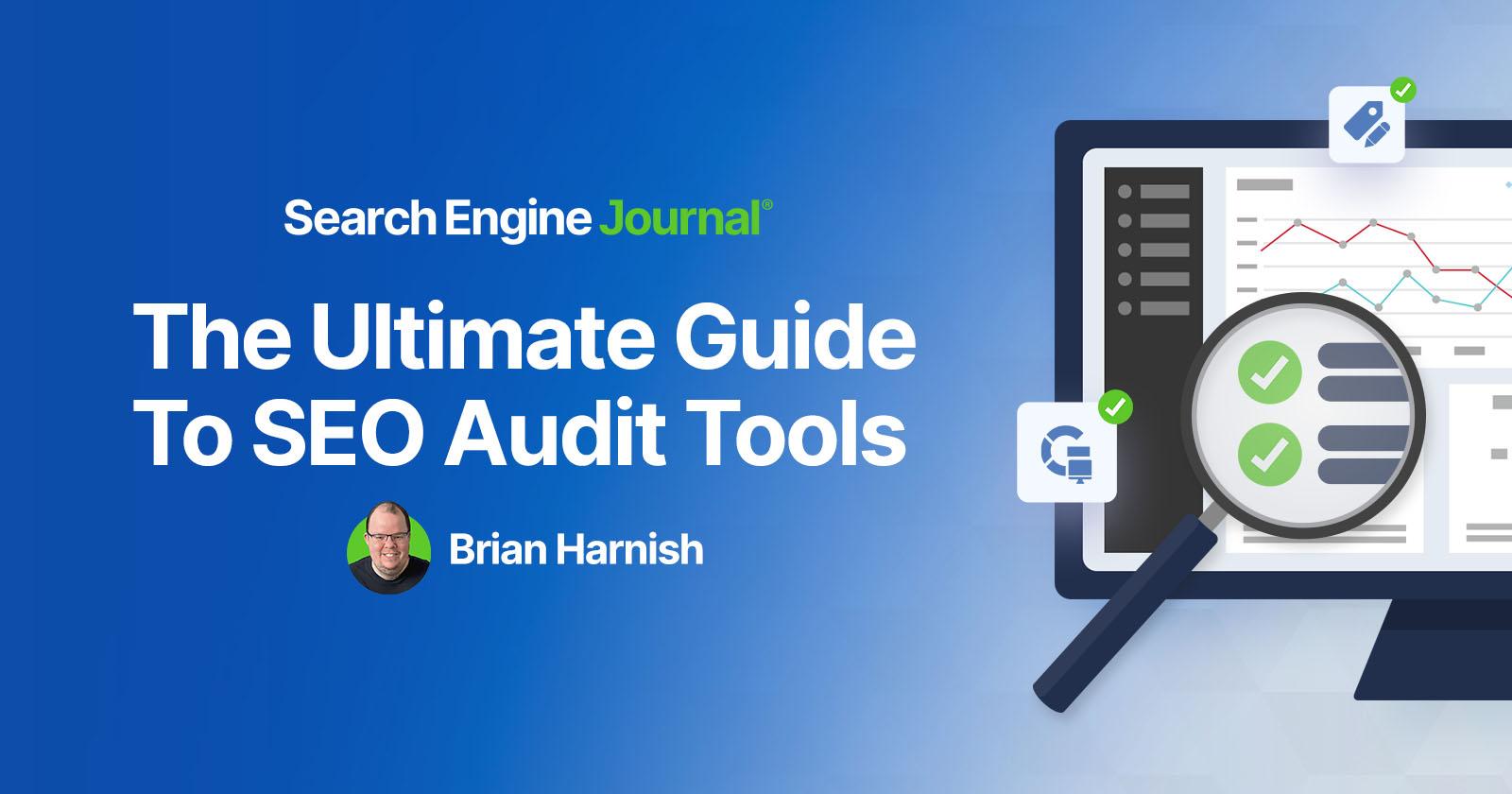
Common Mistakes to Avoid When Using SEO Audit Tools
Using SEO audit tools can drastically improve your website’s performance if utilized correctly. However, many users fall into common traps that can lead to misinterpretation of data or ineffective strategies. Here are some pitfalls to steer clear of:
- Ignoring Recommendations: Just because the tool provides suggestions doesn’t mean you should implement all of them without question. Prioritize changes that align with your overall strategy and audience needs.
- Overlooking Technical Issues: While content is king, technical SEO is the foundation. Failing to address issues like site speed, broken links, or mobile-friendliness can hamper your efforts.
- Focusing Solely on Keywords: Tools often emphasize keyword optimization, but don’t lose sight of user experience. Aim for natural language and informative content that meets user intent.
Another critical mistake is neglecting regular audits. SEO is not a one-time task but an ongoing process. Regular audits help you stay updated on your site’s health and adapt to changing algorithms.
Lastly, be cautious with data over-analysis. Diving too deep into numbers can lead to paralysis by analysis. Use your findings to make informed decisions,but don’t let the data overwhelm you.
| Common Mistake | Impact |
|---|---|
| Ignoring Recommendations | Missed opportunities for improvement |
| Overlooking Technical Issues | Poor user experience and lower rankings |
| Focusing Solely on Keywords | Content that lacks engagement and relevance |
| Neglecting Regular Audits | Outdated strategies and potential penalties |
| Over-Analyzing Data | Inaction and missed growth opportunities |
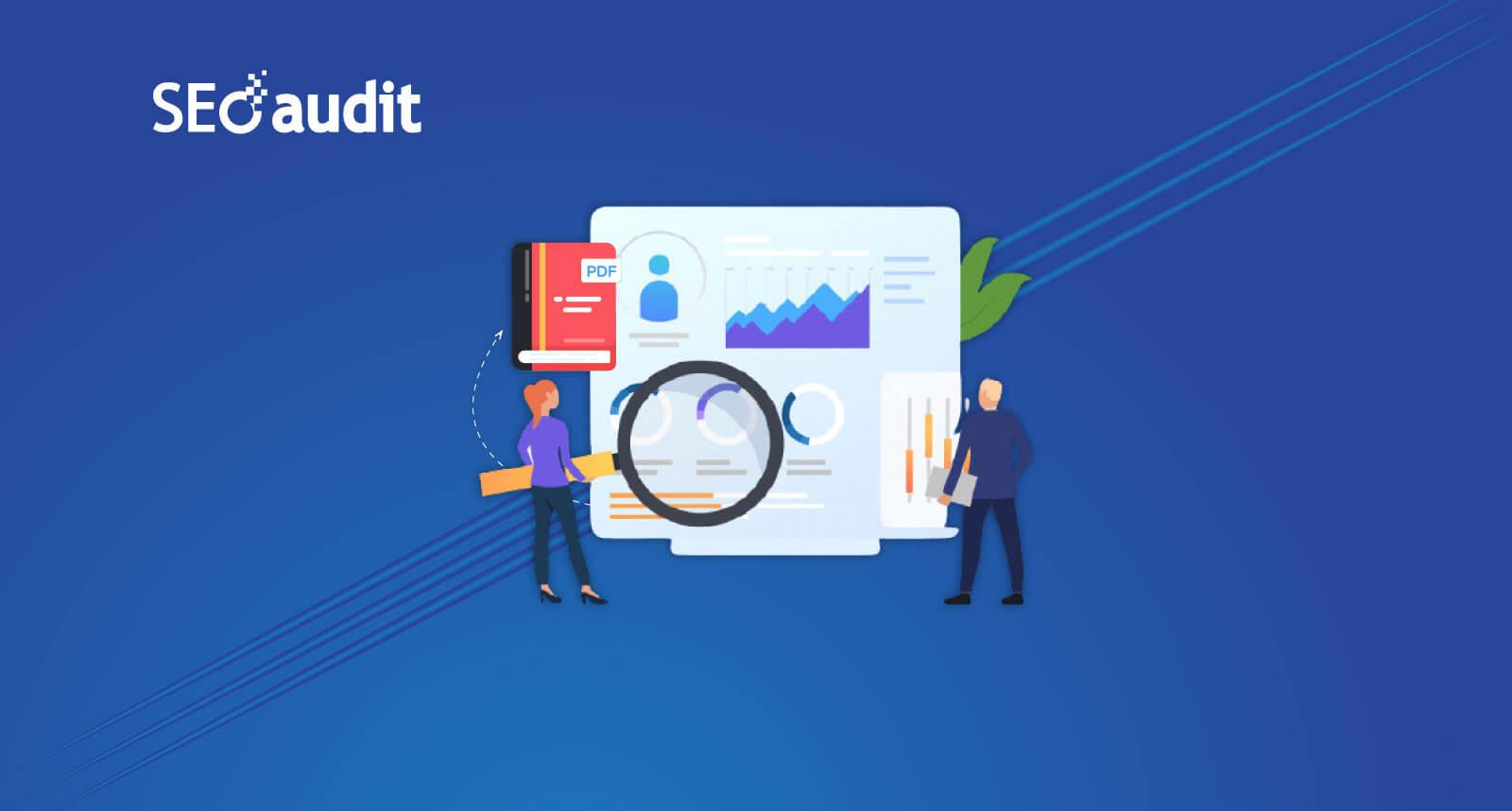
integrating SEO Audits into Your Regular Website Maintenance
Incorporating SEO audits into your regular website maintenance routine is not just a best practice; it’s an essential strategy for enhancing your site’s visibility and performance. Regular audits help identify areas for improvement, ensuring that your website stays competitive in search engine rankings. By systematically evaluating your site,you can pinpoint technical issues,content gaps,and optimization opportunities that might otherwise go unnoticed.
To effectively integrate SEO audits into your maintenance schedule, consider the following approaches:
- Set a Regular Schedule: Decide how often you will conduct audits—monthly, quarterly, or biannually—and stick to this timeline. Consistency is key to keeping your site in top shape.
- Utilize Automation Tools: Leverage SEO audit tools to automate the process as much as possible. Tools like Ahrefs, SEMrush, and Google Search Console provide valuable insights and can save time during the auditing process.
- Document Findings: Keep a log of your audit results and the actions taken. This not only helps track improvements over time but also allows for easier reporting and analysis.
When performing an SEO audit, focus on key areas that significantly impact your site’s performance. Here are some crucial aspects to evaluate:
| SEO Aspect | Importance | Tools for Analysis |
|---|---|---|
| Technical SEO | Ensures search engines can crawl and index your site effectively. | Google Search Console, Screaming Frog |
| On-Page SEO | optimizes individual pages for target keywords. | Yoast SEO, Moz |
| Content Quality | Affects user engagement and SEO rankings. | Copyscape,Grammarly |
| Backlink Profile | Impacts authority and trustworthiness of your site. | ahrefs, Majestic |
Furthermore, don’t forget to analyze your competitors. Understanding their strengths and weaknesses can provide valuable insights into how to refine your strategy. By benchmarking against industry leaders,you can discover new tactics to implement in your own audits,ensuring your website remains not just relevant,but also a leader in your niche.
integrating SEO audits into your regular maintenance routine is a proactive approach to enhancing your website’s performance. By committing to regular evaluations, leveraging the right tools, and focusing on key aspects of SEO, you set your site up for sustained growth and success in search engine results.

Next Steps: Implementing Changes from Your SEO Audit
Once you’ve completed your SEO audit and gathered insights from the best tools available, it’s time to take action. Implementing the findings from your audit can significantly enhance your website’s performance. Here’s a streamlined approach to ensure that you can effectively integrate the necessary changes.
1. Prioritize Your Findings
not all issues are created equal. Start by categorizing the problems you’ve identified based on their impact on your SEO. Focus on high-impact changes first, such as:
- Fixing broken links
- Improving site speed
- Optimizing title tags and meta descriptions
By addressing the most critical issues first, you can quickly enhance your site’s user experience and search engine rankings.
2. Develop an Action Plan
Create a detailed action plan that outlines what needs to be done, who will do it, and when it will be completed. Consider using a project management tool to keep track of tasks. This plan should include:
- Specific tasks for each team member
- Deadlines for implementation
- Metrics to gauge success
Having a clear roadmap will help keep your team accountable and ensure that nothing falls through the cracks.
3. Monitor Your Results
after implementing changes, keep a close eye on your website’s performance metrics. Tools like Google Analytics and SEMrush can definately help you track vital KPIs, such as:
| Metric | Pre-Audit | Post-Implementation |
|---|---|---|
| Organic Traffic | 500 visits/month | 800 visits/month |
| Page Load Time | 4 seconds | 2 seconds |
| Bounce Rate | 70% | 50% |
analyzing these metrics will help you understand the effectiveness of your changes and guide further optimizations.
4. Continuous Improvement
SEO is not a one-time task but an ongoing process. Regularly revisit your audit findings, update your action plan, and continue to implement improvements as search engine algorithms evolve and new technologies emerge. Stay informed about the latest SEO trends and tools to ensure your website remains competitive.
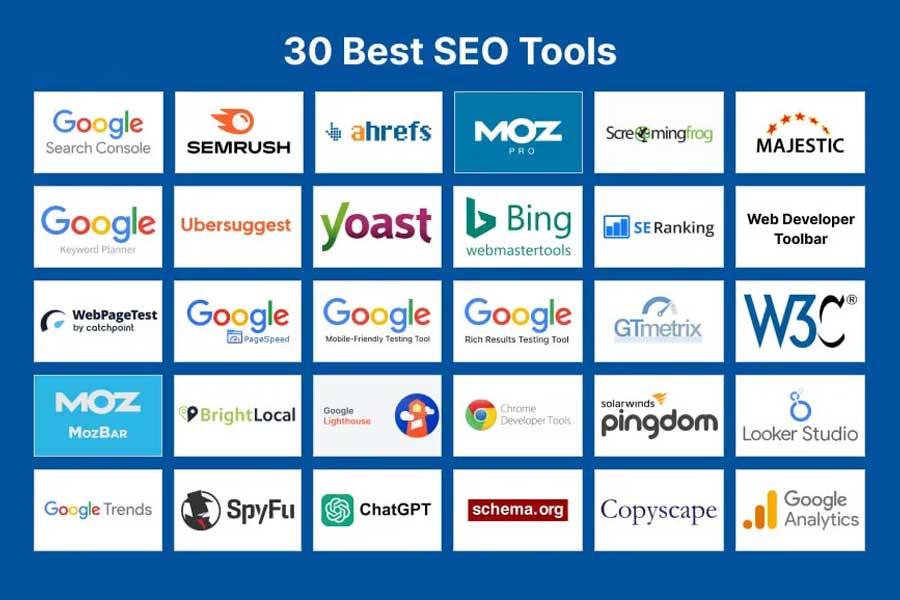
Elevate Your Online Presence with the Right SEO tools
In the digital age, ensuring your website stands out is more crucial than ever. Utilizing the right SEO audit tools can transform how you approach your online strategy. These tools not only help identify performance gaps but also provide insights that can enhance your website’s visibility and ranking on search engines. Imagine having a tailored roadmap that guides your SEO efforts precisely where they need to go!
When choosing an SEO audit tool, look for features that align with your specific needs. Some essential aspects to consider include:
- Site Performance Analysis: Understand how your site performs in real-time.
- Keyword Research: Discover what keywords resonate with your target audience.
- Backlink Monitoring: Keep track of your backlinks to ensure they enhance your credibility.
- competitor Insight: Analyze what works for your competitors and adapt accordingly.
Investing in a comprehensive SEO audit tool can save you time and resources in the long run. With the right tool, you’ll be equipped to:
- Identify technical issues that could hinder your site’s performance.
- Optimize content for better engagement and conversion rates.
- Adapt to ever-changing SEO standards and algorithms effectively.
To give you a clearer picture, here’s a rapid comparison of popular SEO audit tools based on key features:
| Tool | Key Features | Pricing |
|---|---|---|
| Ahrefs | Site Explorer, Keyword Research, Backlink Analysis | Starting at $99/month |
| SEMrush | Site Audit, Traffic Analytics, Keyword Magic Tool | Starting at $119.95/month |
| Moz Pro | Keyword Research, Site Crawl, Page Optimization | Starting at $99/month |
By leveraging these powerful tools, you can elevate your online presence significantly. Remember,the digital landscape is always evolving,and staying ahead requires not just knowledge but the right technology. Don’t leave your website’s success to chance; arm yourself with these essential tools and watch your online visibility soar!
Frequently Asked Questions (FAQ)
Q&A: 7+ Best SEO Audit Tools for Your Website
Q1: What is an SEO audit,and why is it important?
A1: Great question! An SEO audit is a comprehensive analysis of your website’s current SEO performance. It helps identify issues that could be hindering your site’s visibility in search engines. Think of it as a health check-up for your website—by spotting and fixing problems, you can improve your rankings, attract more traffic, and ultimately boost your business.
Q2: How can SEO audit tools help with this process?
A2: SEO audit tools are like your trusty sidekick in this journey! They automate the analysis, providing in-depth insights into various aspects of your website, including keyword usage, backlinks, site speed, and mobile-friendliness. With these tools, you can quickly identify areas for improvement and develop a strategic plan to enhance your online presence.
Q3: what should I consider when choosing an SEO audit tool?
A3: Excellent query! When selecting an SEO audit tool, consider factors like ease of use, the depth of analysis provided, pricing, and the specific features you need. For instance, if you’re keen on tracking backlinks, make sure the tool specializes in that area. Also, look for tools that offer actionable recommendations—not just reports!
Q4: Can you recommend some of the best SEO audit tools?
A4: Absolutely! Here are some of the top contenders:
- SEMrush – Known for its comprehensive features, SEMrush offers robust site audits, keyword tracking, and competitive analysis.
- Ahrefs – A favorite among SEO pros, Ahrefs provides in-depth site audits and a vast backlink database.
- Moz Pro – With a user-friendly interface,Moz Pro delivers valuable insights and recommendations for optimizing your site.
- Screaming Frog SEO Spider - This desktop-based tool is perfect for detailed site audits, particularly for technical SEO issues.
- Google Search Console – A must-have for every website owner, it provides essential data straight from Google, helping you monitor your site’s performance.
- Sitebulb – A visual-oriented tool that makes it easy to understand complex data with its intuitive reporting.
- Ubersuggest - An affordable option that offers keyword suggestions,site audits,and competitive analysis.
Q5: Are these tools suitable for beginners?
A5: Most definitely! While some tools may have a steeper learning curve, many of them are designed with user-friendliness in mind. For beginners, platforms like Ubersuggest or Moz Pro offer straightforward dashboards and guidance, making it easier to start optimizing your site without feeling overwhelmed.
Q6: How frequently enough should I perform an SEO audit?
A6: Ideally, you should conduct an SEO audit at least once every six months. However, if you’re making significant changes to your site or if you’re in a competitive niche, more frequent audits (like quarterly) can provide valuable insights and keep your strategy sharp.
Q7: Can I perform an SEO audit myself, or should I hire a professional?
A7: it really depends on your comfort level and the complexity of your website. If you’re tech-savvy and enjoy digging into data, you can absolutely perform an audit yourself using these tools. However, if you want a more in-depth analysis or don’t have the time, hiring an SEO professional can be a wise investment, ensuring you get expert insights and a tailored strategy.
Q8: Final thoughts?
A8: Don’t underestimate the power of an SEO audit tool! They can make the difference between a website that sits quietly on page two of search results and one that climbs to the top. So, whether you’re a business owner, blogger, or marketer, investing in one of these tools will undoubtedly pay off in the long run. Happy optimizing!
To Conclude
As we wrap up our exploration of the 7+ best SEO audit tools for your website, it’s clear that investing in the right tools can dramatically enhance your online presence. Whether you’re a seasoned SEO pro or just starting your digital journey, these tools are designed to help you uncover potential issues, improve your rankings, and drive more traffic to your site.
Remember, a well-optimized website isn’t just about appeasing search engines; it’s about creating a better experience for your visitors. By leveraging these tools, you’re not only enhancing your SEO strategy but also setting the stage for long-term success.
so, why wait? Dive into these tools, conduct your audit, and watch your website soar to new heights! If you have any questions or want to share your experiences with these tools, feel free to drop a comment below. Happy auditing!

